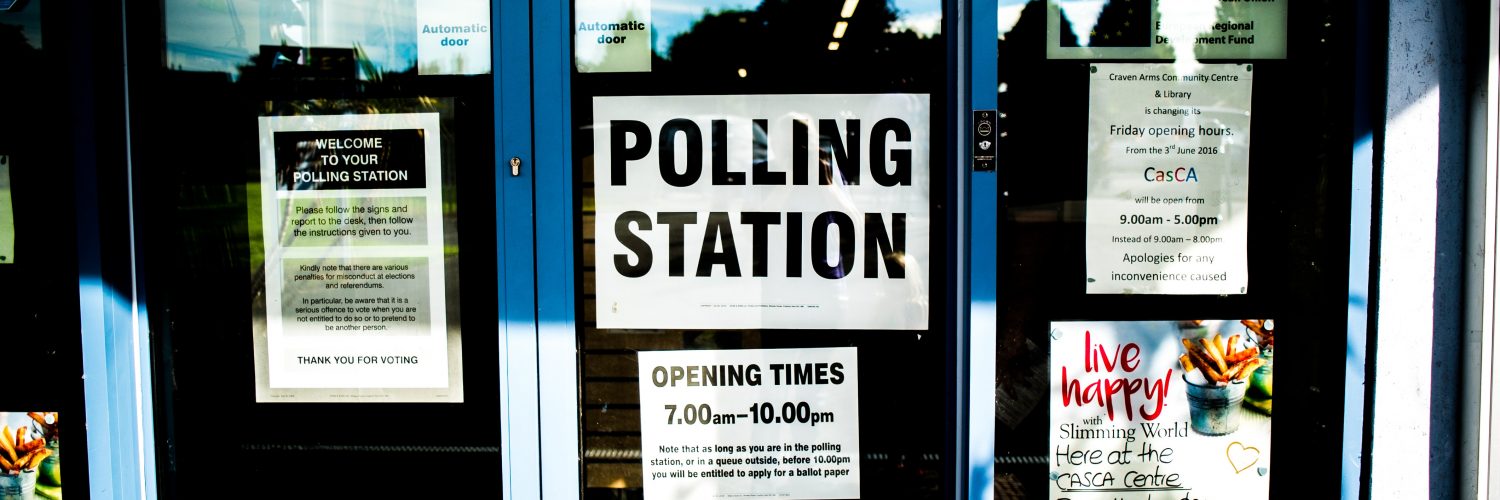Alastair Mactaggart. Does the name mean anything to you? It should. This wealthy California real estate investor just did something that Congress hasn’t done, and even the California legislature wasn’t willing to do, until they were threatened. Mr. Mactaggart got the most restrictive data privacy law in the country passed in less than 72 hours in California.
How did this happen? With $3.5 million of his own money, Mr. Mactaggart funded an effort to get an initiative on the California ballot that would have established extreme data privacy standards for companies doing businesses in the state. It would have also prevented the California legislature from amending the law unless such amendments were “passed by a vote of seventy percent of the members of each house and signed by the Governor, provided that such amendments are consistent with and further the intent of this Act.” Sound familiar? That is essentially the same restriction that applies to every Arizona voter-approved initiative.
The threat of a looming filing deadline for this ballot initiative caused the California legislature to rush through a bill last month to satisfy Mr. Mactaggart and get him to drop his initiative.
So, what does this mean for us in Arizona? While we have also seen an increase in statewide initiatives being filed in Arizona by well-funded interests, this data privacy standoff in California represents a truly frightening new twist in “policy-making by the ballot.” Like the California data privacy initiative, more and more of the initiatives being filed in Arizona are not simple, easy to understand questions being advocated by droves of unhappy voters. Rather, they are complex policy issues being pushed by individuals and advocacy groups, a growing number of them from out of state. These initiatives often require extensive and confusing statutory language that most voters are unfamiliar with. Soundbite campaign messages are simply insufficient to allow voters to act as lawmakers on these complex initiatives. TV ads and mailer campaigns are no replacement for sound policymaking, which requires fact finding, robust debate, stakeholder input and most importantly, the opportunity to change and improve a policy proposal.
The recent California experience demonstrates the danger of a single-shot vote on a complex ballot proposal. Even after legislative debate and process–although abbreviated–the California legislature wisely delayed the effective date of the new data privacy law so that unaddressed issues and mistakes in the rushed bill could be amended next year before the law takes effect.
No matter how good a petition signature gatherer or campaign mailer can make an initiative sound, we can’t afford to have badly drafted initiatives getting put in front of voters by someone with an agenda, a pile of money and a good soundbite to get people to sign a petition. The stakes are too high and the consequences too great. Likewise, we can’t afford to have someone with those same assets have the ability to extort rushed or bad policy out of our legislature. Just ask California how that is working out for them.
Susan Anable is the Chair of the Arizona Chamber of Commerce and Industry and Vice President of Public and Government Affairs, Cox Communications Southwest Region.
















Add comment